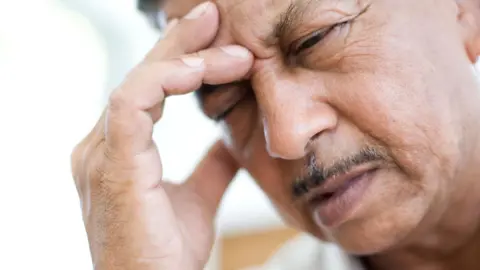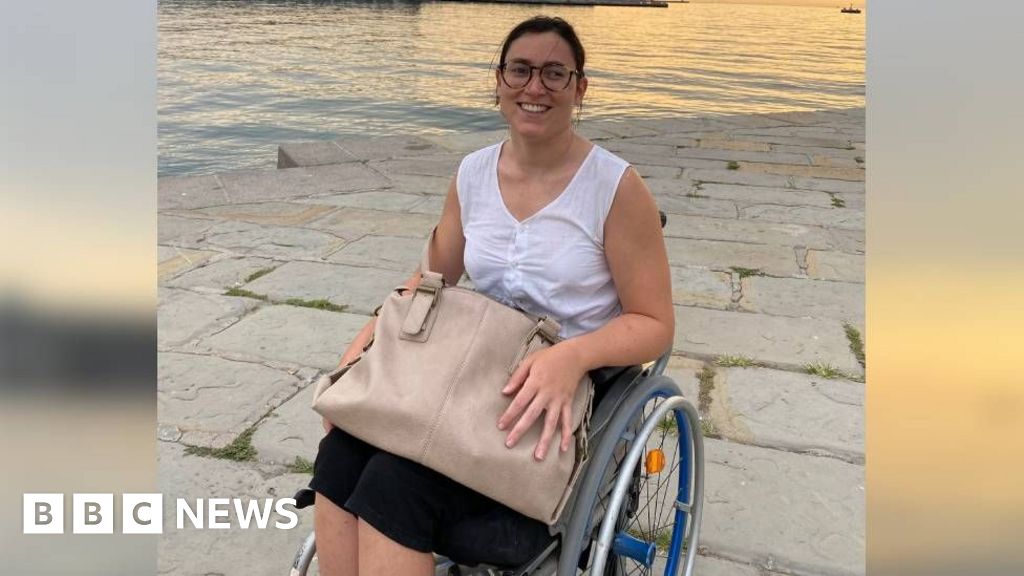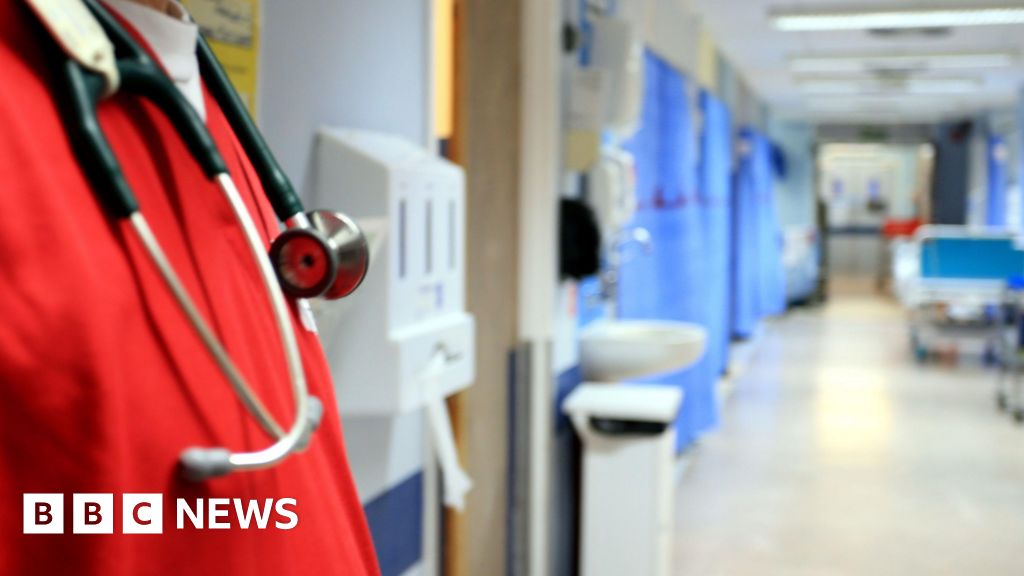
 Getty Images
Getty Images
A new campaign by the NHS in England is encouraging people who experience the first sign of a stroke not to delay calling 999, after analysis of calls made in the last year showed the average time to do so was nearly an hour and a half.
England's most senior doctor says stroke symptoms might not appear obvious or dramatic, but they are always a reason to act quickly.
About 100,000 people have a stroke each year in the UK and more than a third die from related issues, making it the fourth biggest cause of death in the UK.
The most common symptoms are struggling to smile or raise an arm, and slurring words when speaking.
NHS England says recognising any one of these signs in yourself or others and dialling 999 urgently is crucial to getting prompt, specialist treatment.
Yet the average time taken to make that emergency call was 88 minutes in 2023-24, NHS data reveals.
The analysis, from a team at King's College London, looked at data for more than 41,000 stroke patients who were taken by ambulance to hospital.
NHS England also said a recent poll they carried out found a mistaken belief that two or three stroke symptoms were necessary before calling 999.
Professor Sir Stephen Powis, NHS England's medical director, said people should act fast to help save lives.
“These figures highlight very clearly that we must do more to support people to recognise the symptoms of stroke in themselves and others, and take action to call 999 at the earliest opportunity. "
He said stroke symptoms "can be less obvious or dramatic than you might expect", but added that even if it doesn’t seem like it, any sign of a stroke is always an emergency.
What are the signs of a stroke?
A stroke occurs when blood stops flowing to a part of your brain.
The first signs include:
- face weakness – it might be hard to smile, and one side of your face may droop
- arm weakness – you may not be able to fully lift both arms and keep them there because of weakness or numbness in one arm
- speech problems – you may slur your words or sound confused
Other symptoms might be:
- sudden weakness or numbness on one side of your body (including in your leg)
- sudden loss of vision or blurred vision in one or both eyes
- sudden difficulty speaking or thinking of words
- sudden memory loss or confusion
- sudden severe headache
- sudden dizziness, unsteadiness or a sudden fall, especially with any of the other signs
Source: NHS.uk
The NHS TV and radio campaign features a man watching his partner struggling to smile while watching TV, a decorator suddenly unable to lift a paint roller, and a grandmother struggling to read her grandchild a bedtime story.
A film also shows stroke survivors listening back to recordings of the real 999 calls that saved their lives.
The campaign's message is that without fast action, dying from a stroke or being left with long-term issues such as paralysis, memory loss and communication problems, is far more likely.
The Stroke Association charity said surviving stroke was just the start of a long and traumatic battle to return to normal life.
"If you spot any of the three common signs of a stroke in someone, the first thing you should do is call 999," said Juliet Bouverie OBE, the association's chief executive. "The quicker many stroke treatments are given, the better."
 (1).png)
 1 month ago
2
1 month ago
2













